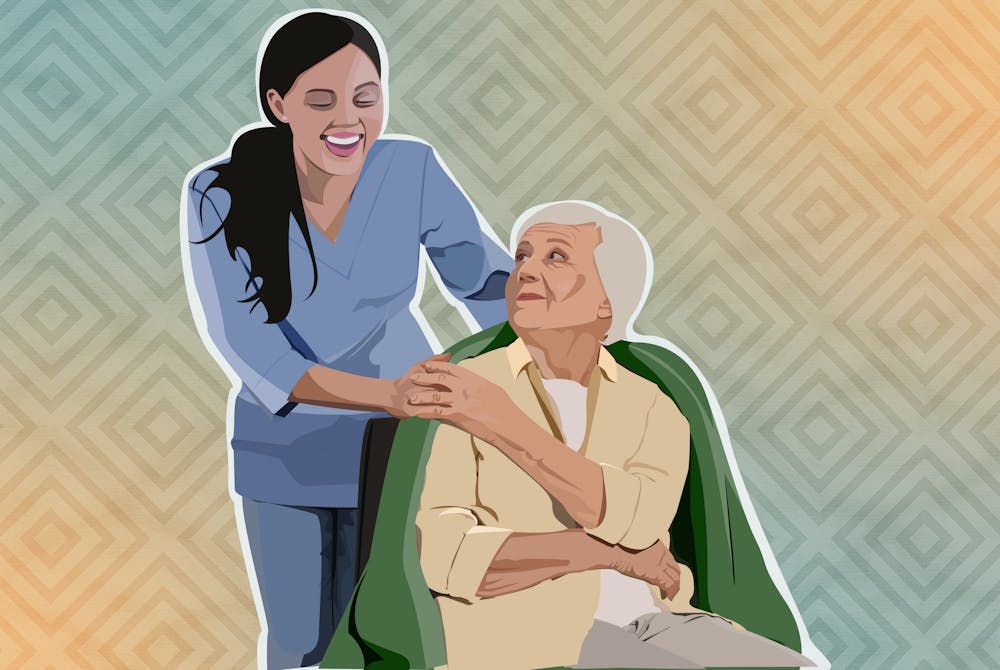On March 25, N.C. Sen. Gale Adcock (D-Wake) and a number of other legislators at the N.C. General Assembly filed the APRN Definitions Bill consisting of Senate Bill 537 and House Bill 514. The bill was first filed in 2015 and was formerly known as the SAVE Act.
Advanced practice registered nurses are registered nurses who have traditionally completed a master’s degree in nursing and have specialized clinical training, Leslie Sharpe, family nurse practitioner program director at the UNC School of Nursing, said. There are four APRN roles in North Carolina — nurse practitioners, certified nurse midwives, certified registered nurse anesthetists and clinical nurse specialists.
Catherine Moore, director of the North Carolina Health Professions Data System at the Sheps Center, said the purpose of the bill is to make all four APRN roles in North Carolina have full practice authority and to have them only under the regulation of the North Carolina Board of Nursing.
The bill is meant to bring North Carolina into alignment with most of the country by allowing APRNs to be autonomous providers, Adcock said — not supervised by another profession and able to practice in underserved areas.
“It's not asking for them to do more than what they're trained to do,” Chris Cowperthwaite, North Carolina Nurses Association director of communications and outreach, said. “It's mainly streamlining the things that they already do, day in and day out, and removing some outdated barriers that make it harder for them to do that.”
An example of a barrier, he said, are the physician supervision requirements for nurse practitioners that were established in the 1980s and are still in place. Nurse practitioners might want to open their own practice but cannot unless they find a physician to supervise them, he said.
Cowperthwaite said the requirements can be met by a phone call between a nurse practitioner and physician every few months, and that the North Carolina Nurses Association knows of some nurse practitioners who only had their supervision checks done via text message.
“Physicians can charge nurse practitioners tens of thousands of dollars a year to supervise them, and they're not really supervising anything,” he said.
Sharpe volunteers as a nurse practitioner at a mobile health clinic operated out of Advance Community Health in Cary. She said she is very fortunate that she found a collaborating physician who does not charge her for services, especially since many independent nurse practitioners who own a practice sometimes pay physicians up to $2,000 a month for them to sign a paper.




